Study abroad is a critical component of what it means to be a globally competent citizen. In today’s economic marketplace, it is essential to gain international experience in order to actively participate and make a difference in our increasingly global society.
For many students, studying abroad will be their first time in another country and an extraordinary opportunity to learn about another part of the world from firsthand experience. It is critical to research how the different aspects of your identity will be perceived in the country(ies) where you will be studying abroad. The more research you do about the host country’s political system, culture, customs and language, the better prepared you will be for living in and understanding the host society.
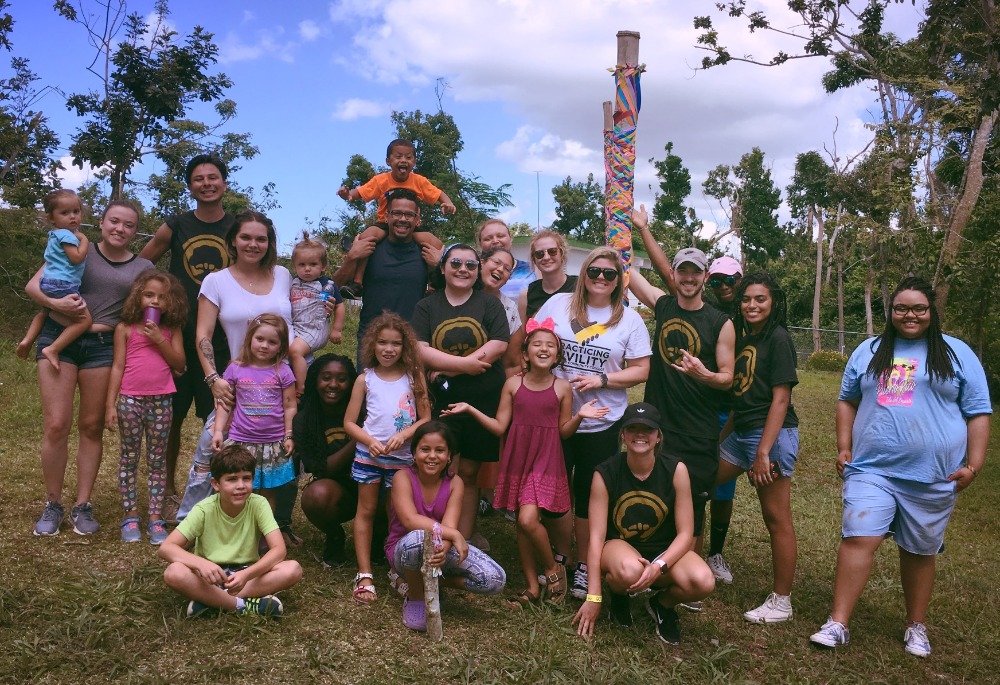
In order to have a safe and rewarding experience while studying abroad, it’s important to be aware of the cultural, legal, and social issues regarding sexual identity and how they could affect you or your interactions with people in your host country. While some countries could be generally more accepting of LGBTQ+ individuals than the U.S., there may be more conservative areas in each country as well. The following resources can assist you in researching your destination country and learning more about the experiences of LGBTQ+ students abroad.
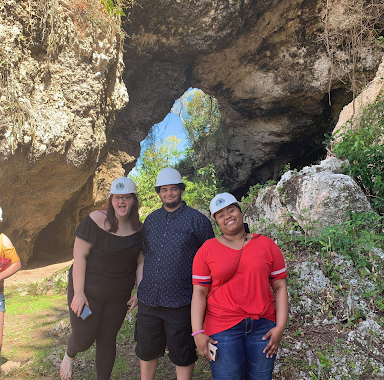

Cultural and racial diversity are significant factors for students in choosing a study abroad program. Attitudes toward race differ widely across the globe and it is important to make yourself aware of any racial or ethnic conflicts that may exist in your host country.
Just as cultures differ from country to country, so do perceptions of disability and reasonable accommodations. In collaboration with the Office of Disability Services, the International Institute seeks to enable all students to pursue an international experience. Be aware that the ADA does not apply outside of the United States, so accommodations may differ in each country. However, many institutions are increasingly offering accommodations for students with disabilities. Students are encouraged to communicate their needs to the Office of Disability Services and their study abroad program coordinator to find a good program fit and to find ways to meet accommodation needs.
Before you go, find out as much as you can about your host culture and how they view disability by reading, talking to other students, talking with your study abroad program coordinator, and attending pre-departure orientation sessions. The more you know, the better prepared you will be for the interaction between your disability and the new environment.
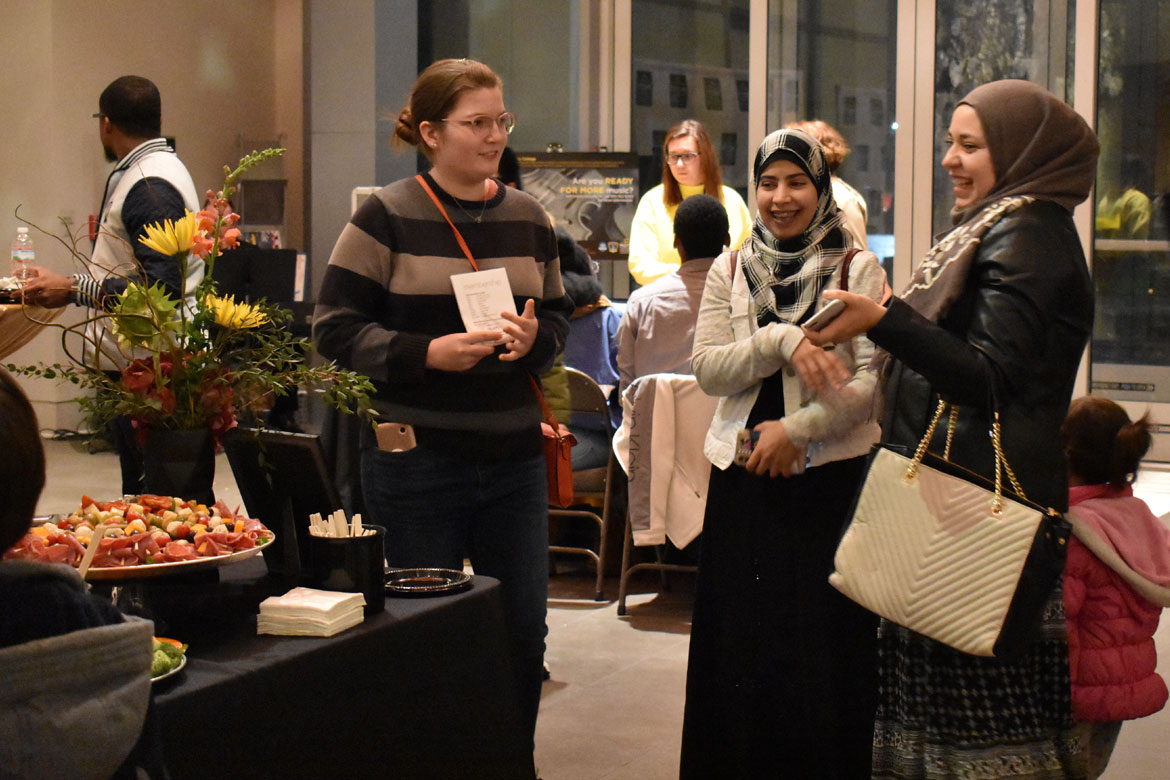
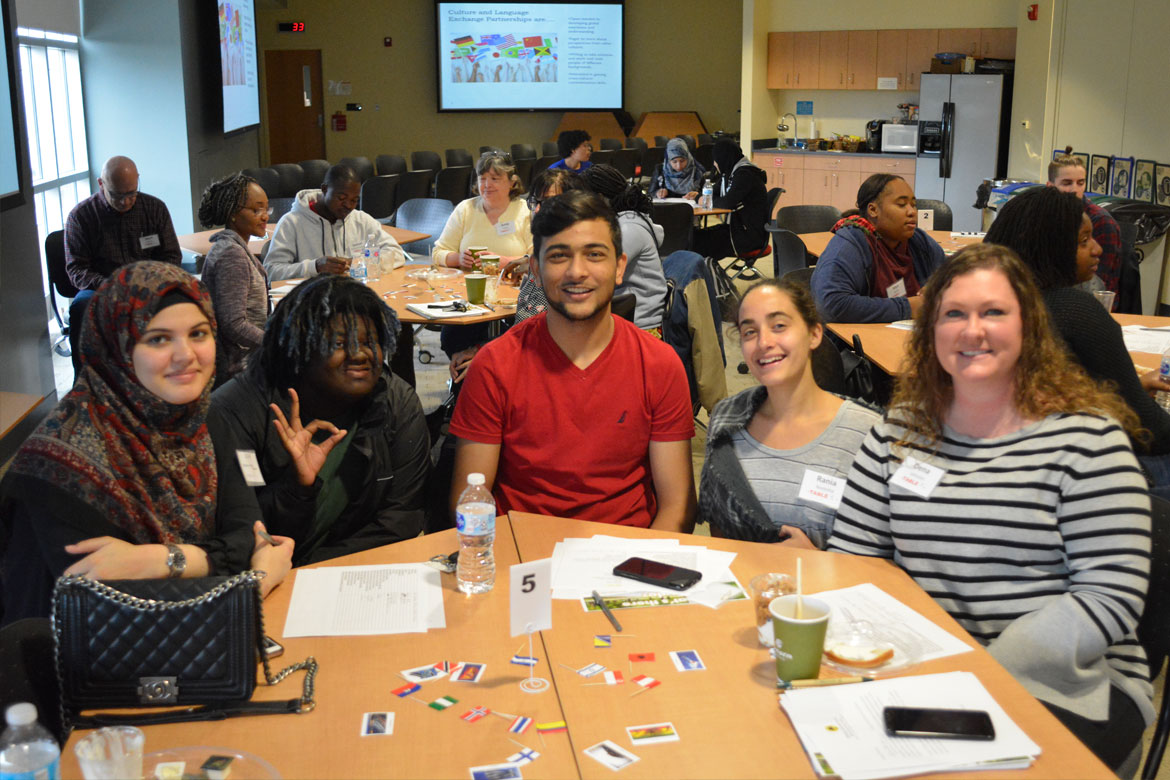
As the first person in your family to study abroad while in college, you will likely have many questions. The study abroad coordinator is there to provide guidance to students every step of the way.
Every student at MCC – no matter their major – can study abroad. While traditionally students in science, technology, engineering and math majors haven’t gone abroad in large numbers, the need for engineers to design and solve problems in an internationalized marketplace is higher than ever. MCC has study abroad programs designed with STEM students in mind.
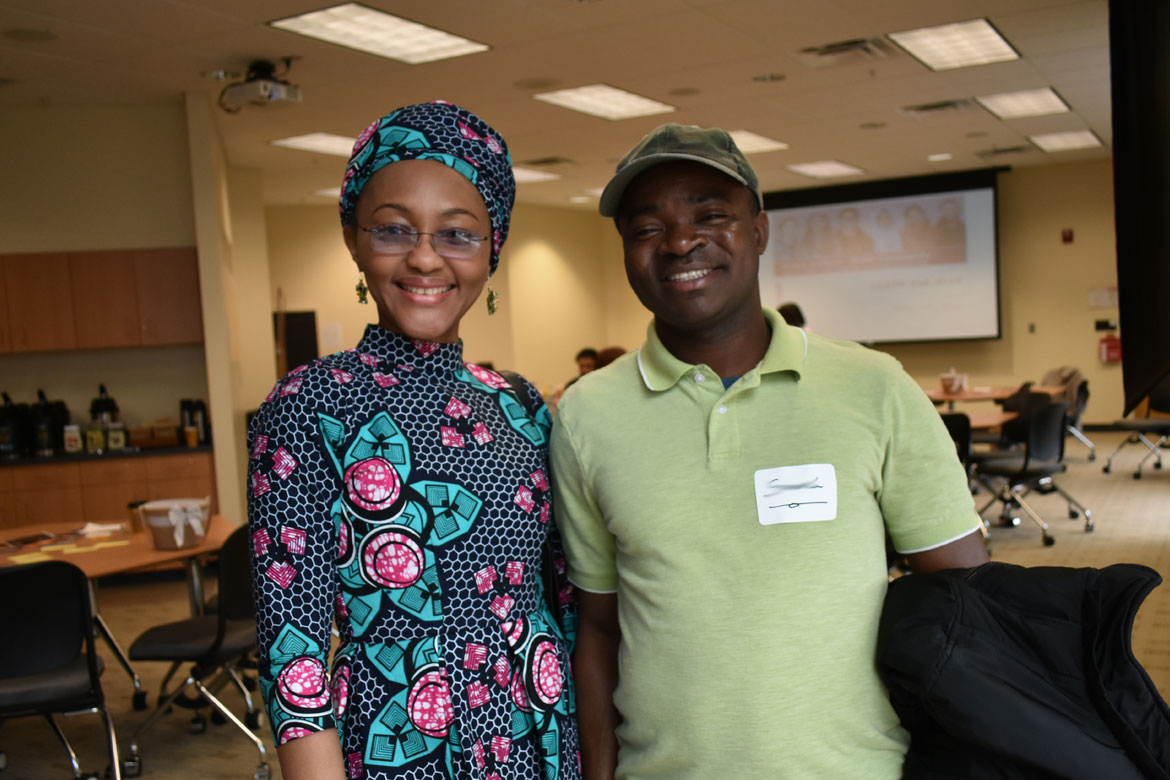
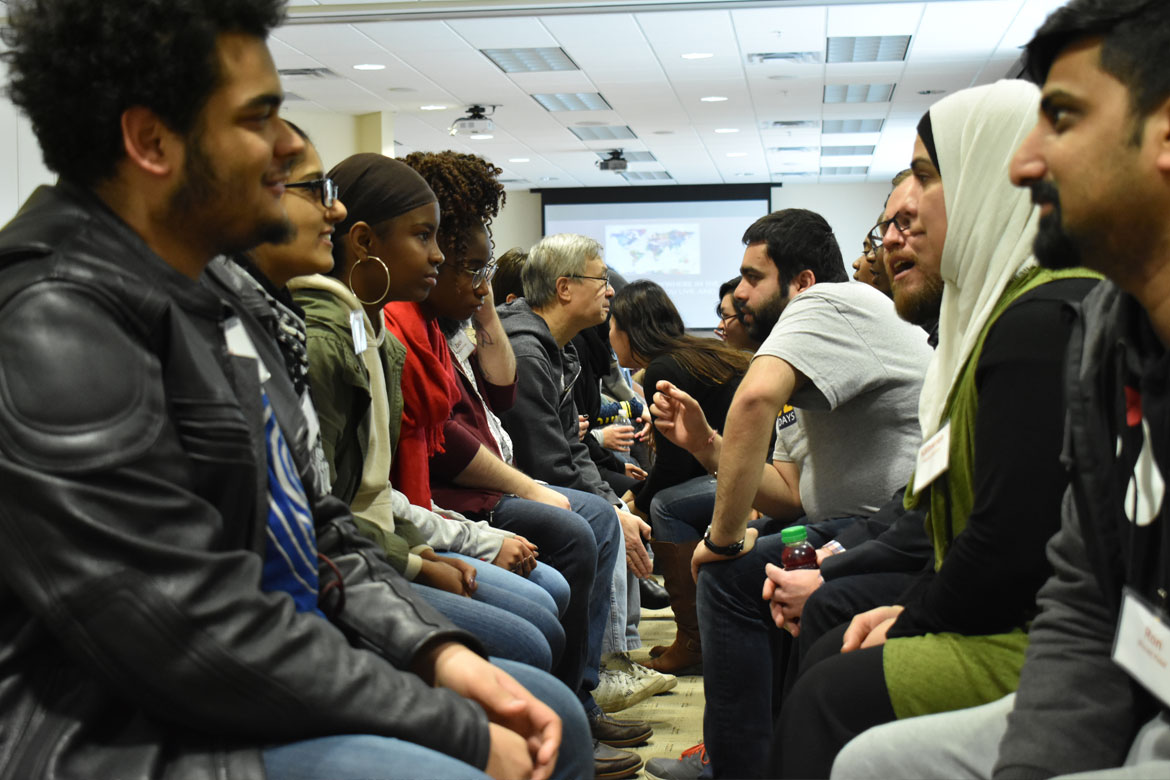
The MCC International Institute strives to develop programs that are as affordable as possible. All MCC students may apply for grants and scholarships and, in some cases, apply their financial aid to program costs.